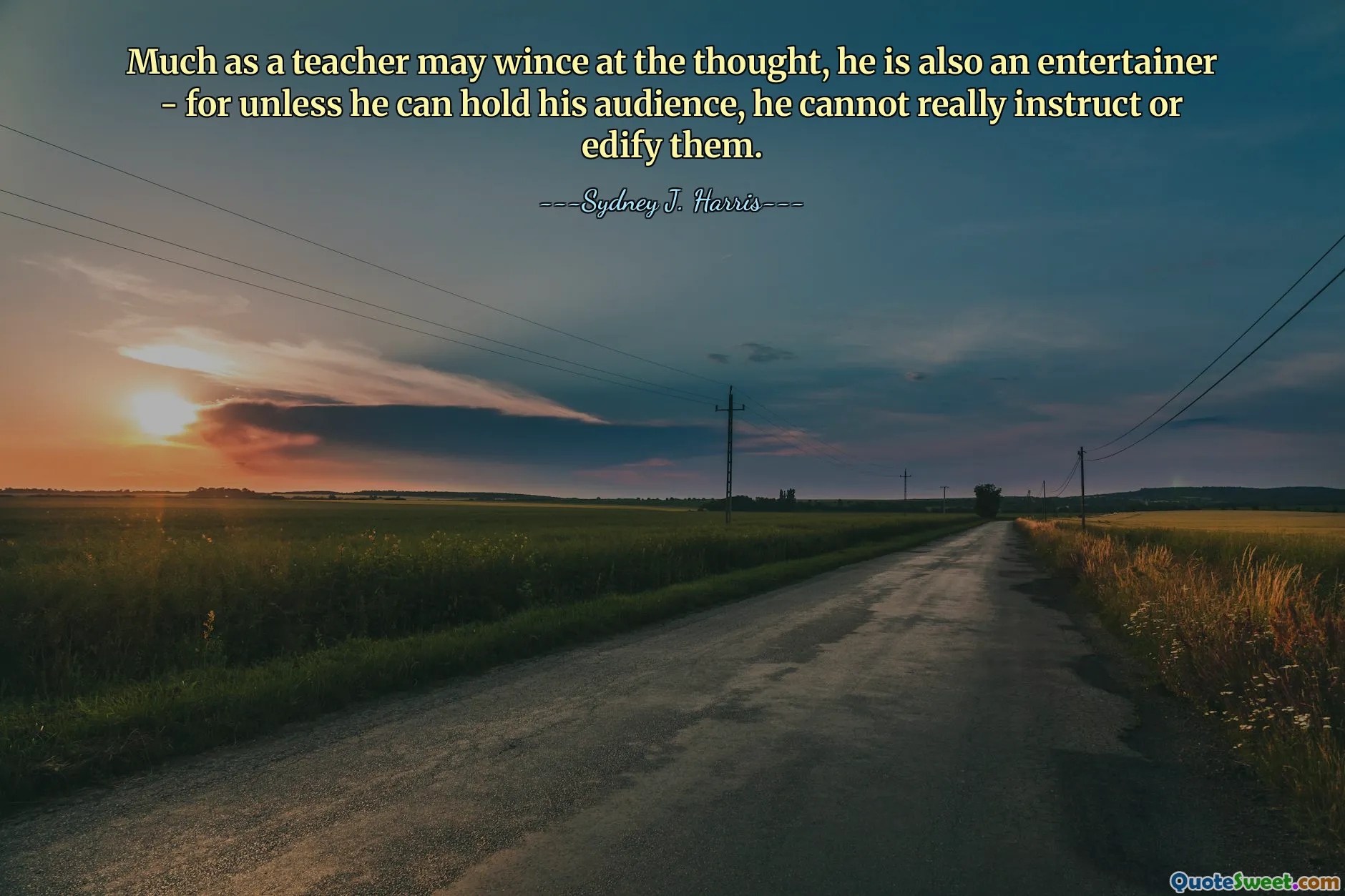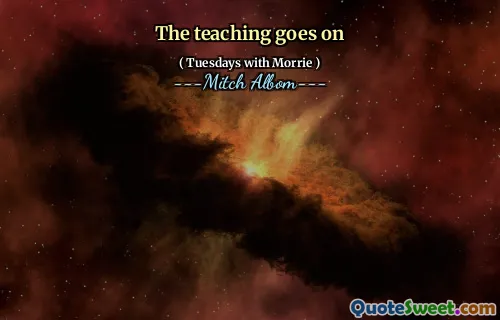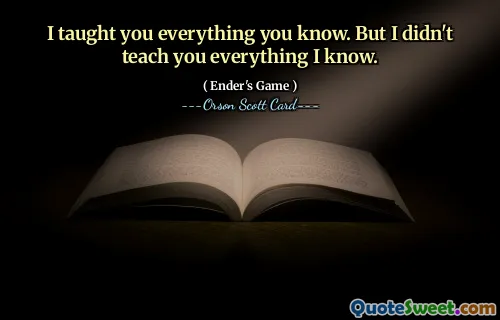
Much as a teacher may wince at the thought, he is also an entertainer - for unless he can hold his audience, he cannot really instruct or edify them.
This quote highlights the dual role that educators often embody in their profession. Teaching is frequently perceived as a serious and instructional endeavor, but at its core, it also relies heavily on the ability to engage and captivate an audience. Just as a performer or entertainer must master the art of holding a listener's or viewer's attention, so too must teachers develop skills that make learning compelling and memorable. The effectiveness of instruction is not solely determined by the clarity of content but also by the teacher's capacity to connect with students emotionally and cognitively. When a teacher manages to keep students interested and attentive, they facilitate better retention and understanding, making the learning experience more impactful. This perspective deters a one-dimensional view of education, emphasizing active engagement over passive delivery of facts. By recognizing that educators are entertainers in the sense of engaging their audience, it underscores the importance of presentation, storytelling, emotion, and rhythm in effective teaching. Ultimately, this approach encourages teachers to cultivate their charisma, empathy, and creativity—all qualities that help bridge the gap between knowledge and understanding, transforming mundane lessons into enlightening experiences that resonate with learners and inspire curiosity.









